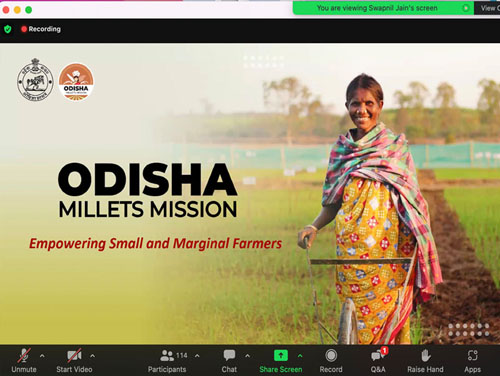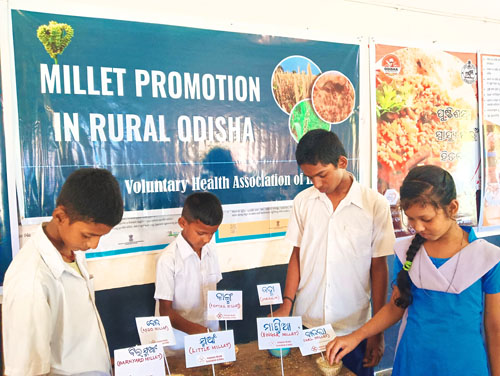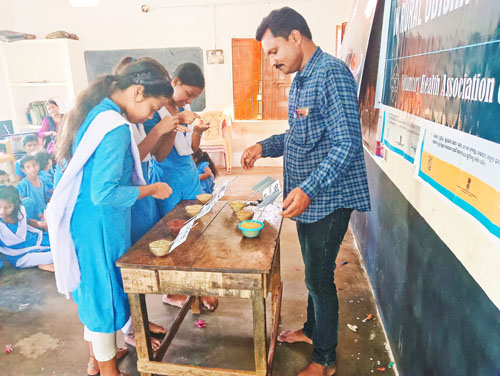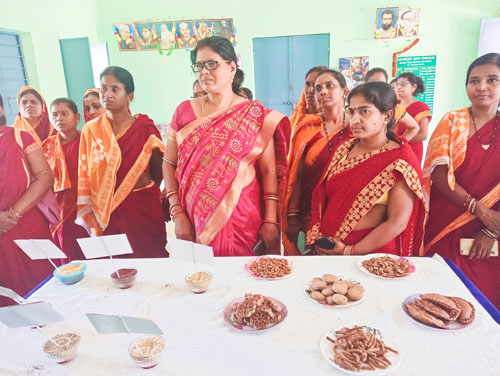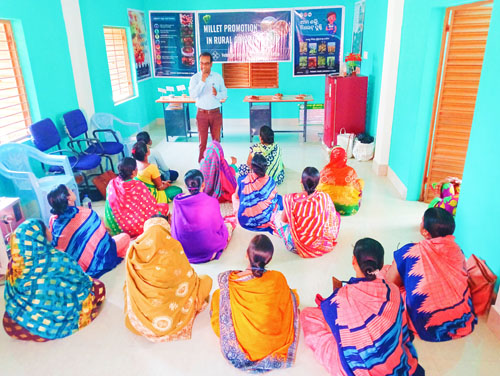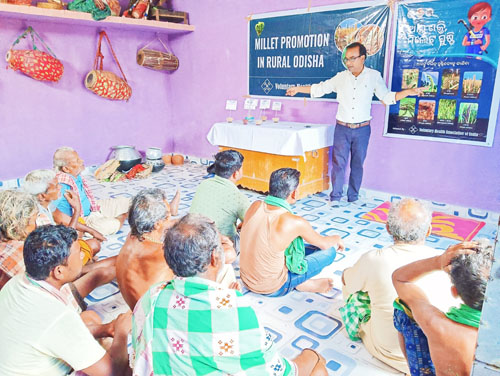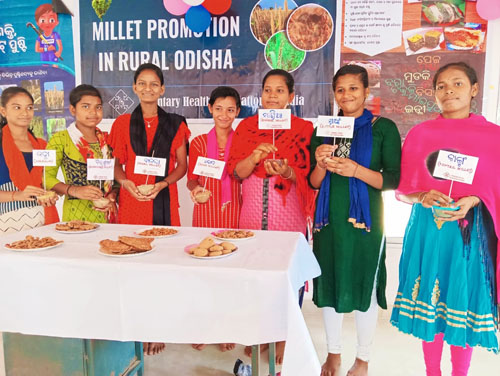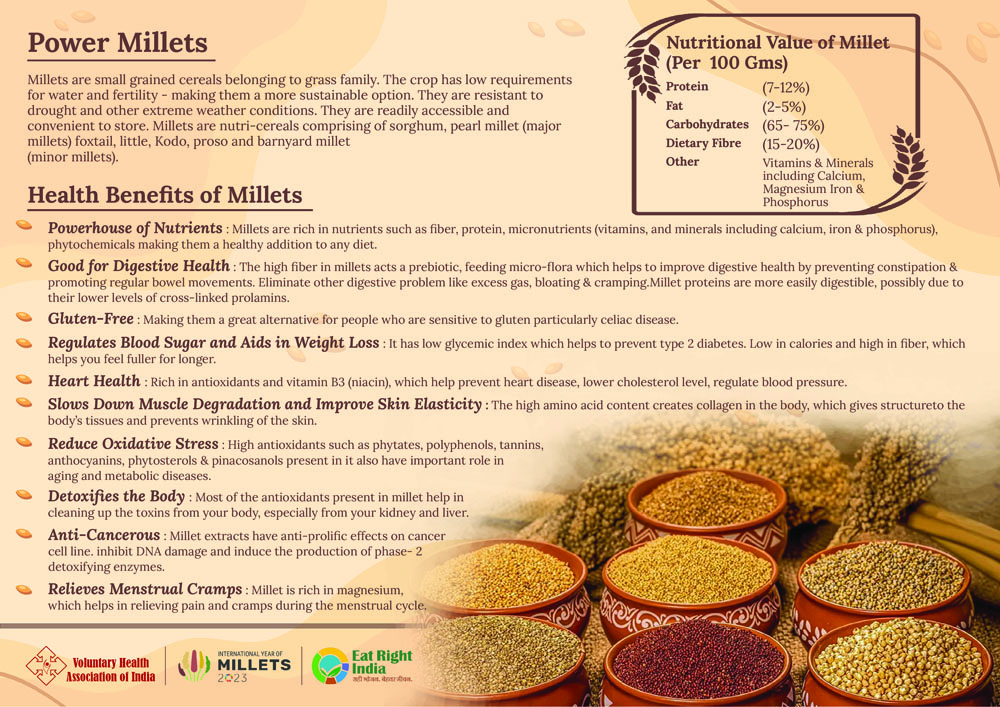





Mainstreaming Millets : Our Forgotten Wealth
As part of our Health, Wellbeing, and Equity program, we are proud to promote and support the Millet Initiative, a joint campaign by the Government of India and the United Nations to celebrate the UN International Year of Millets in 2023. The goal of this initiative is to raise awareness of the nutritional value of millets and their role in sustainable food systems.
Under our new flagship program of Health, Wellbeing, and Equity, this campaign fits perfectly into the three pillars of our model. First, health promotion: millets are known for their high nutritional value and can promote the health of individuals and populations. Second, self-care: incorporating millets into the diet of individuals with chronic diseases can be beneficial in managing blood sugar levels, promoting heart health, controlling weight, reducing inflammation, and boosting immunity. Third, equity: promoting the cultivation and consumption of millets can provide an affordable and nutrient-dense food option, diversify diets, empower small-scale farmers, and contribute to climate change resilience, thus promoting equity for the poor.
We are committed to supporting this initiative and believe that it has the potential to create a positive impact on health & wellbeing.
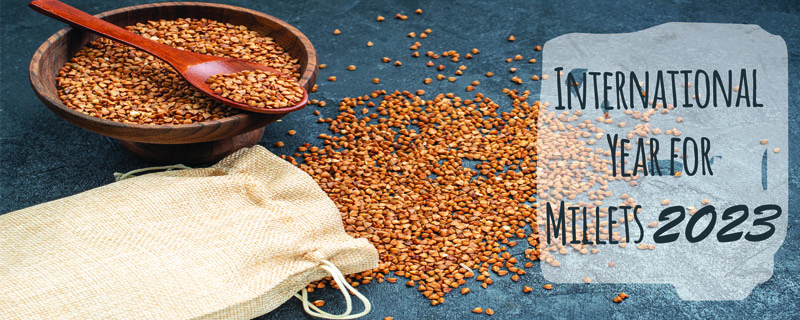
In an effort to promote the consumption and production of millets, the Indian government proposed to the United Nations to declare the year 2023 as the International Year of Millets (IYOM). India received support from 72 other countries, and on 5th March 2021, the United Nations General Assembly (UNGA) declared 2023 as the International Year of Millets.
This declaration is a significant step towards promoting the benefits of millets and enhancing their status as a superfood.
Know Your Millets 
Millets, a type of small-grained cereal belonging to the grass family, have been grown and consumed in the Indian subcontinent for over 5000 years. These hardy grains are traditionally cultivated using rain-fed methods and have low requirements for water and fertility, making them a more sustainable option than other popular cereals. Additionally, millets have a high tolerance for drought and other extreme weather conditions
Millets play a vital role in India’s ecological and economic security, serving as a significant source of food and fodder for millions of farmers. They are also known as “coarse cereals” or “cereals of the poor”. The major millet-producing states in India are Rajasthan, Karnataka, Maharashtra, Uttar Pradesh, Haryana, Gujarat, Madhya Pradesh, Tamil Nadu, Andhra Pradesh, and Uttarakhand
India is among the top 5 exporters of millets in the world, with millet exports increasing from $400 million in 2020 to $470 million in 2021. In 2020, India’s two primary millet varieties, Pearl Millet (Bajra) and Sorghum (Jowar), contributed approximately 19% to the world’s production. This highlights the significance of millets in India’s agriculture and the global market.
Despite being a staple food in semi-arid and drought-prone regions of India, millet consumption is low as people perceive it as traditional, coarse, and of low aspirational value.
These group of small-seeded grains are highly nutritious and have numerous health benefits. Here are some benefits of millets:
Millet extracts have anti-prolific effects on cancer cell line. inhibit DNA damage and induce the production of phase- 2 detoxifying enzymes.
Types of Millets 
Major Millet
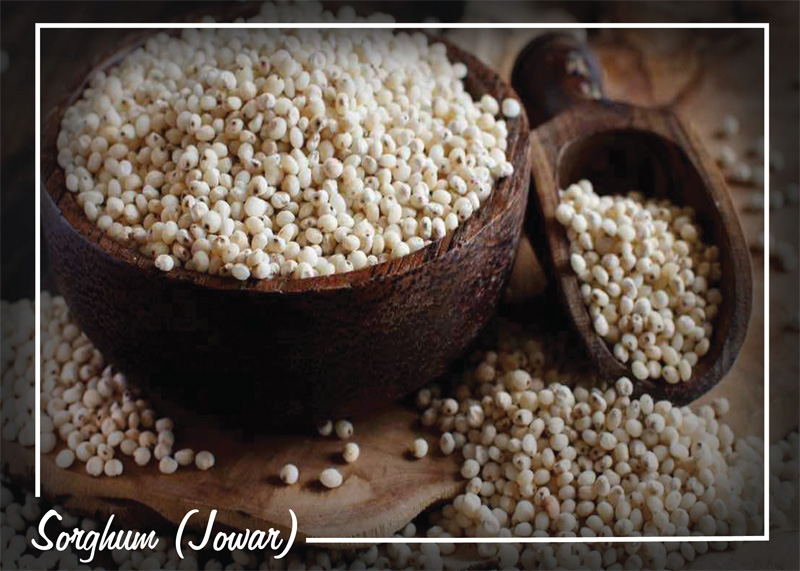 |
|
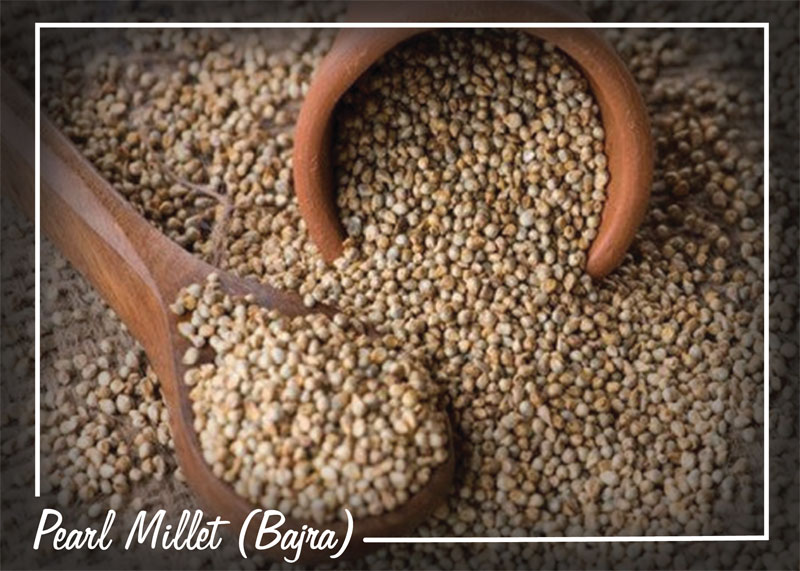 |
|
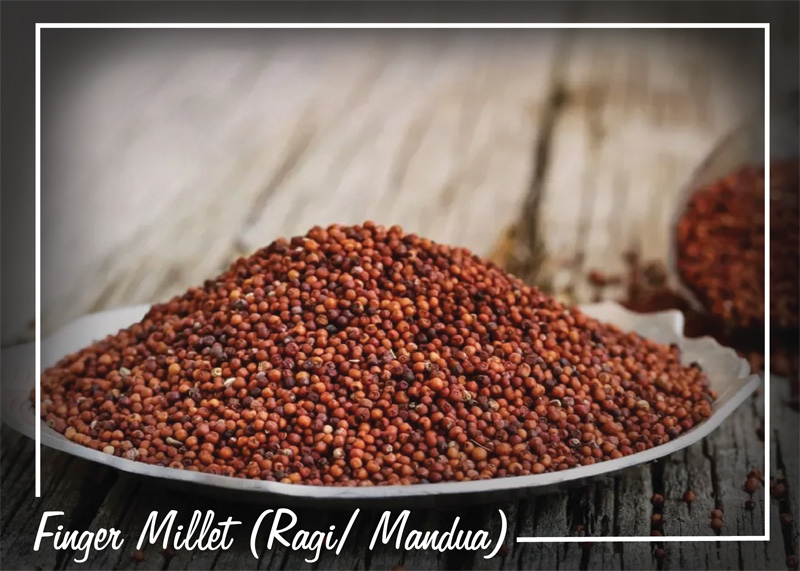 |
|
Minor Millet
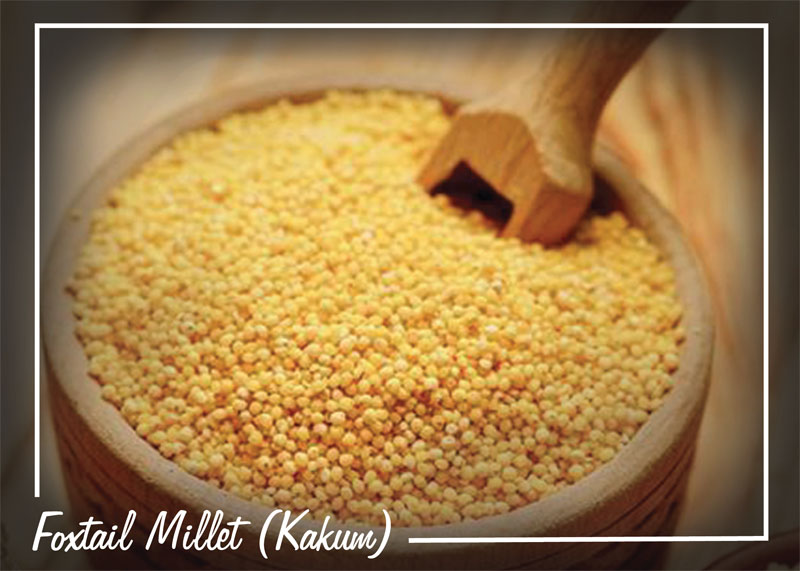 |
Eat it as Poha, Pulao, Dosa or Upma |
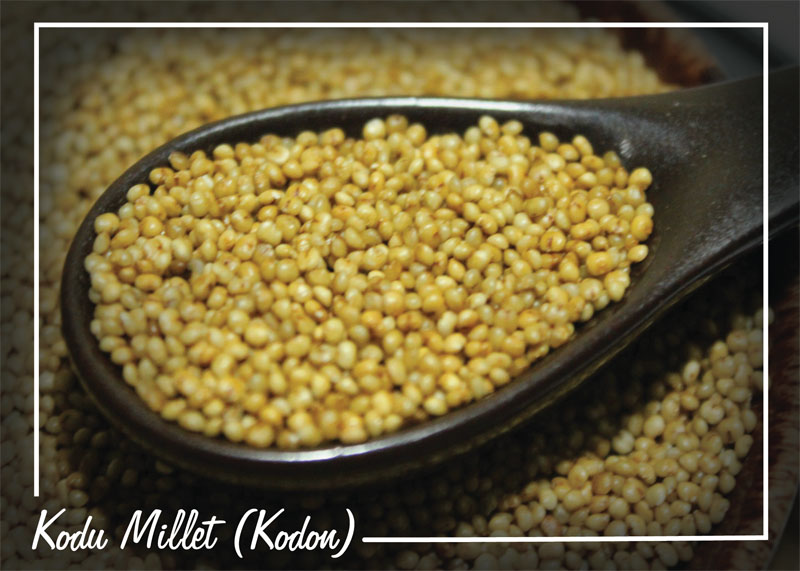 |
|
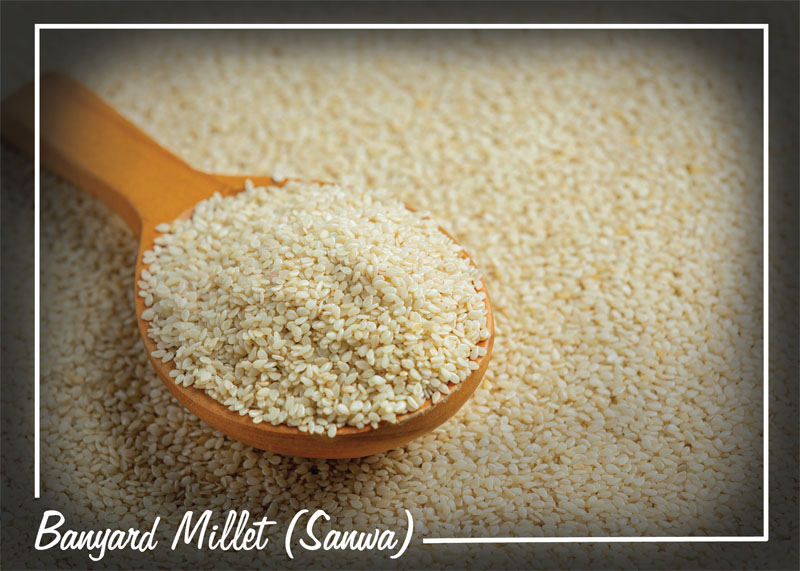 |
|
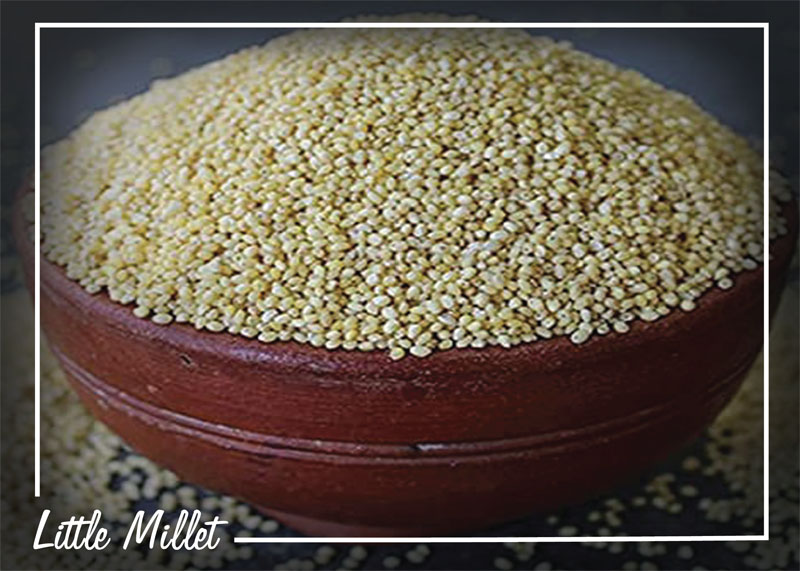 |
|
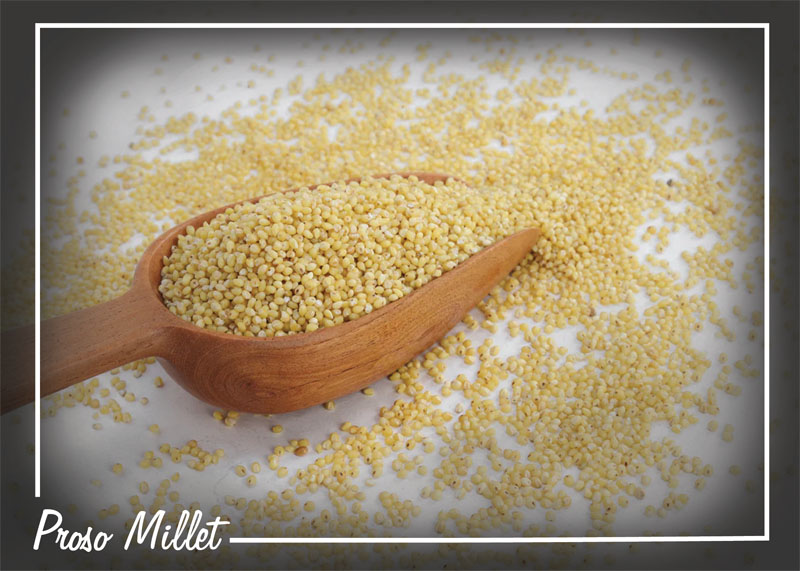 |
|
Our Activities 
Awareness campaigns and sessions are being organized to educate people about the nutritional benefits of millets and its role in improving health. This is being done through:
- Organizing awareness events (using VHSNCs, youth leaders, CBOs, SHGs/FPOs) at the community level, schools, colleges, universities in close collaboration with Government of India, Eat Right Campaign, FSSAI and State Governments and local administrations.
- Engaging Mothers, lactating mother and pregnant women at Anganwadi Center.
- Encouraging inclusion of millets in mid meal at the Anganwadi Center and Schools.
- Appeal to eat millets at least once or twice a week, community influencers to share best experiences with millets
Supporting local farmers in growing millets to promote their consumption. This includes providing technical assistance, and encouraging farmers to help them adopt sustainable and profitable farming practices.
Since millets are drought resistant and need less water to grow, promoting model millet gardens in residential schools and Anganwadi Centres are being undertaken to promote cultivation of millets in Kitchen gardens.
Cooking workshops are organized to teach people how to prepare millet-based dishes as well as document the traditional millet recipes eaten in the remote tribal areas.
among the vulnerable groups given the fact it is highly nutritious, affordable and sustainable.
Using right messaging and creative content, a social media campaign has been initiated to reach mass awareness on millets and encourage them to incorporate this nutritious grain into their daily diet.
Documentation of best practices and success stories on millet cultivation, recipes etc for replication and sustainability.





Resources 
- Millets 2023
- Odisha Millets Mission
- Indian Institute of Millets Research
- Millets India
- Brief Notes on Millets by Ministry of Agriculture and Farmers Welfare
- Shree Anna 'A Holistic Review', standards of millets by FSSAI
- Millets-The Nutri Cereals of India by FSSAI
- Role of Millets in Children and Adolescent Nutrition
- My Food Plate- ICMR, NIN
- Mainstreaming Millets Policy Brief
- Millets Recipe Booklets by Indian Institute of Millets Research
- FSSAI Guidance Note on Millets
Know from the Experts 
Sowing the Seeds of Wellness 
Millets for Health and Sustainability

